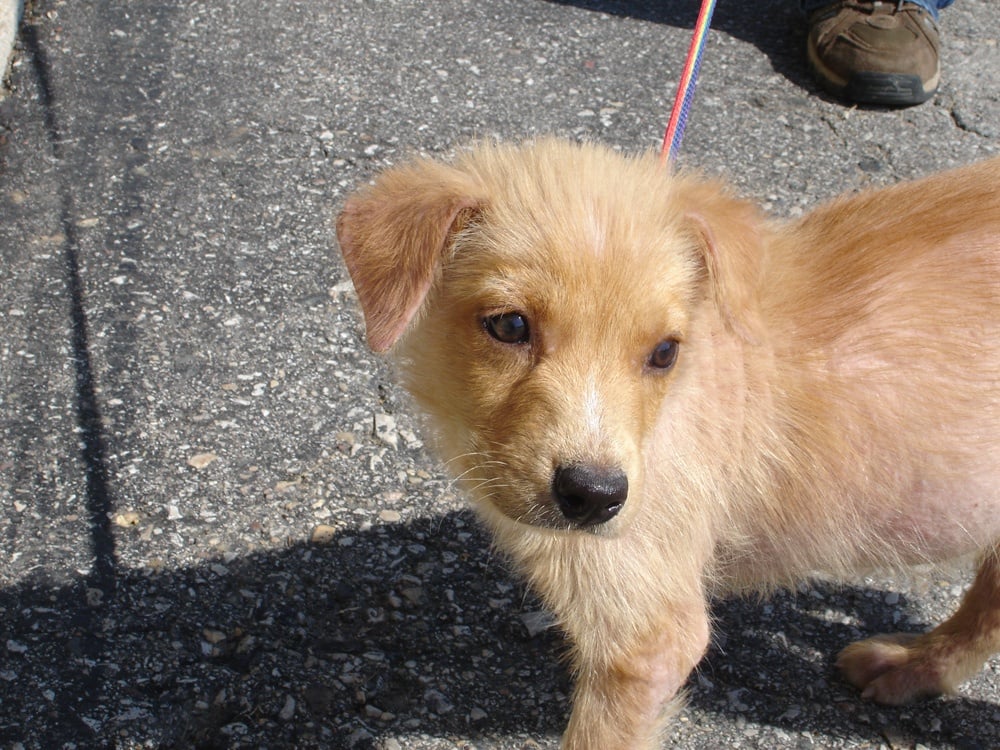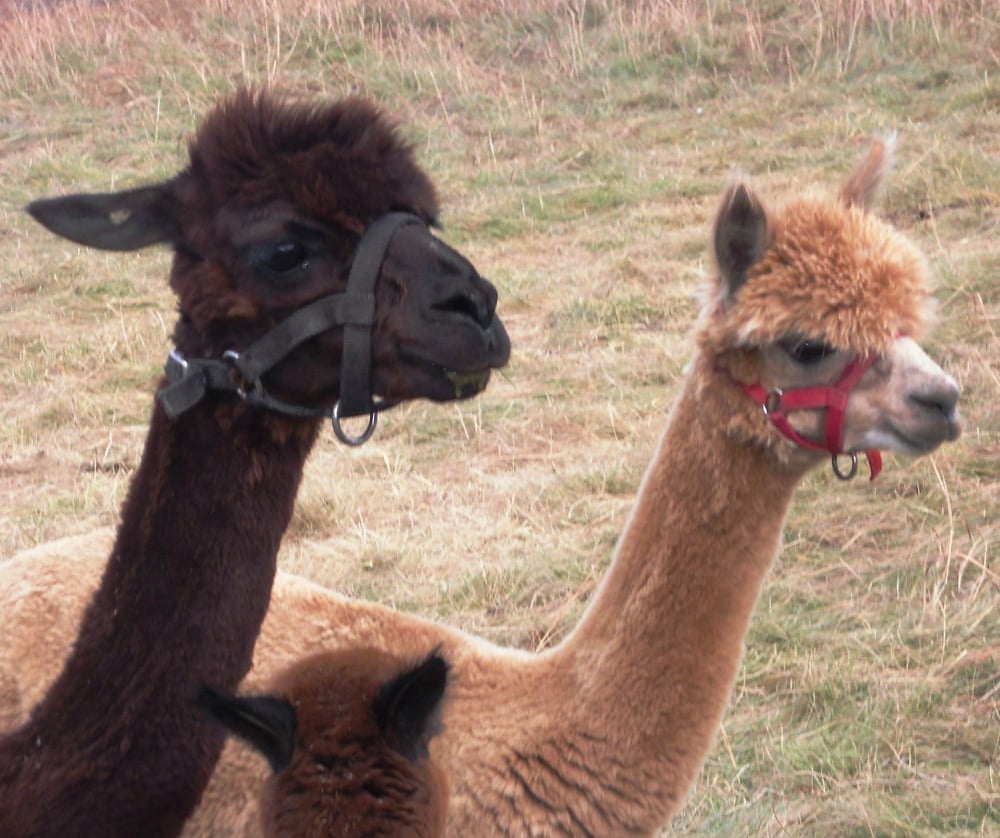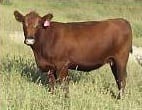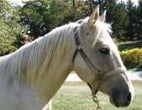Services Provided
Twin Valley Veterinary Clinic in Dunlap, Iowa has modern medical, surgical, laboratory, and hospitalization facilities to accommodate both large and small animals. The following is a list of services we provide by species. This list is not all-inclusive, so if you are unable to find the service you are interested in, please contact the clinic at (712)643-5160.
Bovine:
Equine:
We allow horse and bovine owners to haul in to our facility, which is equipped with stocks.
Small Animals:
Other Animals Cared For:
What types of animals do the veterinarians treat?
We will treat any domestic animal, from pets to livestock. We do require that dogs and cats are either current on their rabies vaccinations, or receive a rabies vaccine during their visit.
My pet is scheduled for elective surgery. What should I expect?
Please bring your pet in between 7:30 AM - 8:30 AM the day of the surgery. Your pet should not be fed after 8:00 PM the night before surgery, but please provide water. If your pet is on a medication or has any preexisting health issues, alert the veterinarian at the time the surgery is scheduled. Following surgery, your pet will be kept overnight to allow adequate time for anesthetic recovery and observation. Your pet should be ready to be picked up the morning following the procedure. We administer pain medication prior to every surgery, and, depending on the procedure, may additionally send your pet home with pain medication.
How can I find out what certain veterinary services cost?
Our costs continually fluctuate depending on the cost of veterinary supplies. If you have a question about pricing, please call the clinic and we will provide you with the most accurate estimate we can.
When should I have my pet spayed or neutered?
We recommend spaying and neutering dogs and cats between 4 and 6 months of age to maximize health and behavioral modification benefits and minimize negative side effects associated with surgical sterilization. Spaying a female dog prior to her first estrous (heat) cycle will eliminate the risk of the dog developing mammary carcinoma in the future.
What are your recommendations for pet vaccinations?
Puppies and kittens should receive a series of at least three injections prior to 4 months of age against viral diseases including Calicivirus, Herpesvirus, and Panleukopenia for cats (CVR), and Distemper Virus, Canine Infectious Hepatitis, Parvovirus, and Parainfluenza virus (DHPP) for dogs. At four months of age, both dogs and cats should receive vaccination against Rabies virus. Vaccines are then boostered annually. Rabies may be given once every three years after the pet has been given two boosters one year apart. We also offer non-core vaccinations against Bordetella (kennel cough) and Leptospirosis for high-risk patients.
What are your recommendations for equine castration and vaccination?
We recommend castrating colts at one year of age. We additionally recommend annual vaccination against Rabies, West Nile Virus, Eastern and Western Encephalitis and Tetanus. Equine Influenza and Rhinopneumonitis (Herpesvirus) vaccinations should be administered twice yearly to achieve adequate protection.
 (712) 643-5160
(712) 643-5160


